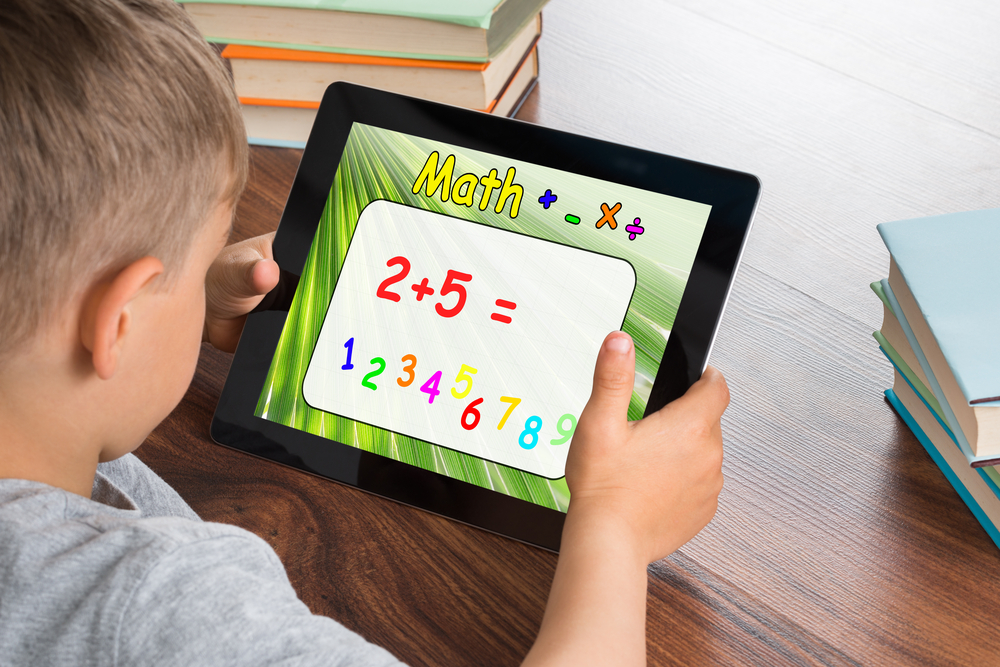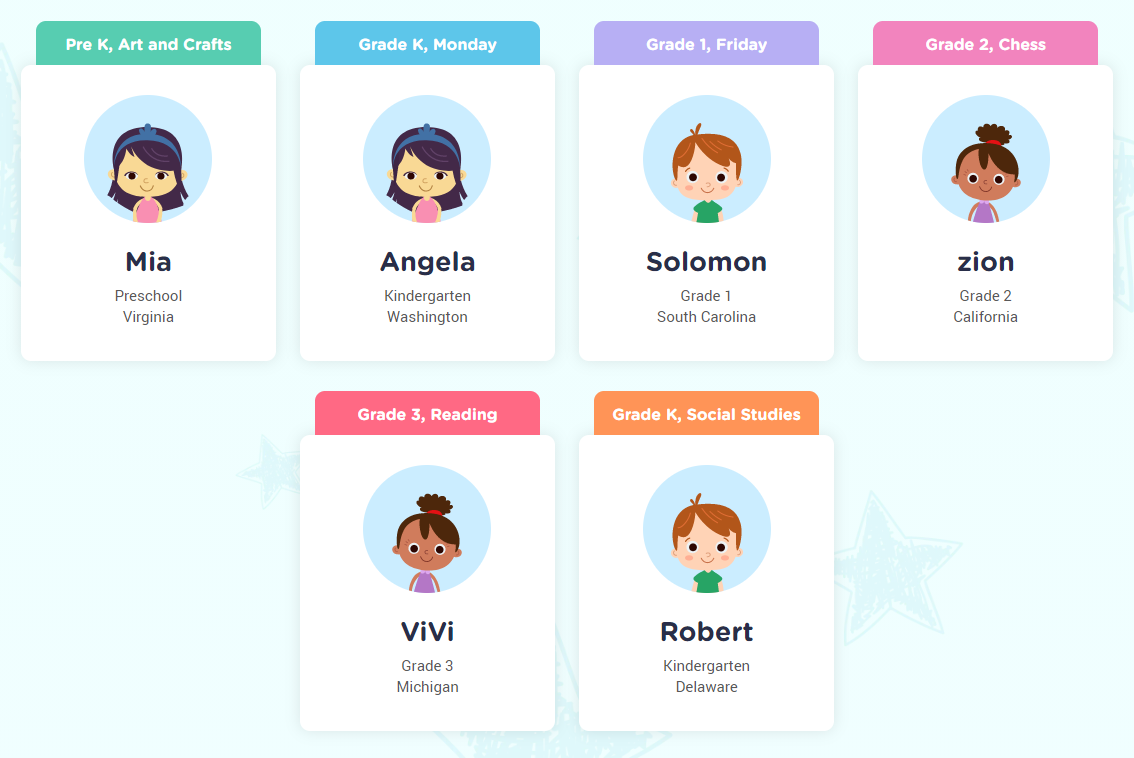Astronomy basics Normal Worksheets for Ages 6-8
3 filtered results
-
From - To
Explore the wonders of the universe with our "Astronomy Basics" worksheets, designed specifically for children aged 6-8. These engaging and educational printables from Kids Academy help young learners discover fundamental concepts about stars, planets, and our solar system. Each worksheet combines fun activities with essential knowledge, fostering an early interest in science and space exploration. Perfect for classroom or home use, our expertly crafted sheets keep kids excited about learning and encourage curiosity about the cosmos. Start your child's astronomical journey today with these captivating and age-appropriate exercises!
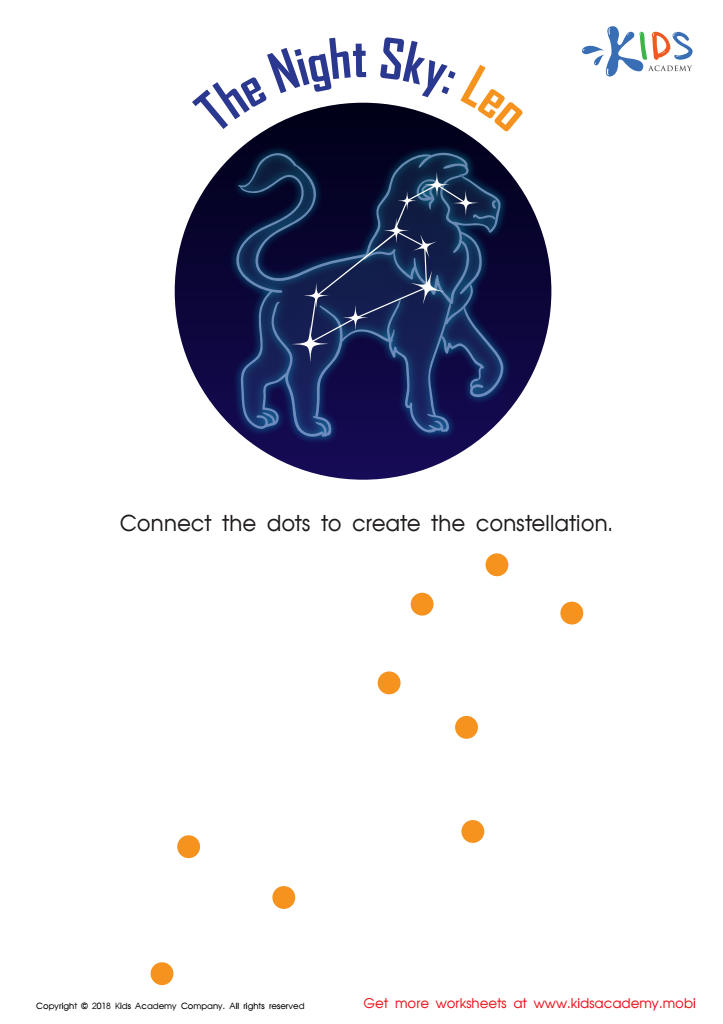

The Night Sky: Leo Worksheet
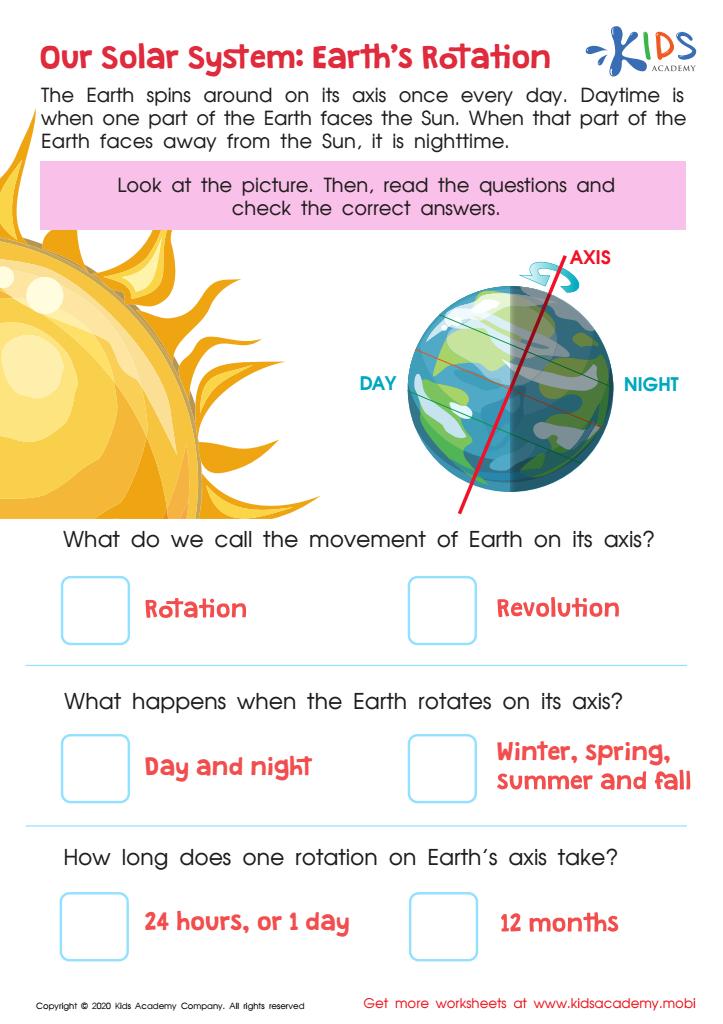

Our Solar System: Earth's Rotation Printable
Understanding astronomy basics is incredibly valuable for children ages 6-8. First, kids at this age are often naturally curious about the world and universe around them. Explaining simple concepts like the phases of the Moon, the position of the stars, and the orbit of the Earth around the Sun can satisfy this curiosity and inspire a lifelong interest in science.
Additionally, introducing astronomy early fosters critical thinking skills. Children learn to observe, question, and explore, which are fundamental to scientific inquiry. Understanding how day turns to night, or why seasons change, helps develop logical reasoning and comprehension of cause-and-effect relationships.
Astronomy also provides an opportunity to teach more than just science. It integrates well with lessons in math, geography, literacy, and history. You can incorporate activities like counting stars, identifying constellations, reading astronomy-related books, and exploring the myths behind star formations. All these can enhance children’s general education and make learning more integrated and fun.
Finally, knowing basic astronomy helps children understand their place in the universe. It gives them a sense of scale and perspective, fostering awe and respect for nature and encouraging conservation and global citizenship. Therefore, parents and teachers should embrace astronomy fundamentals to nurture well-rounded and inquisitive minds.

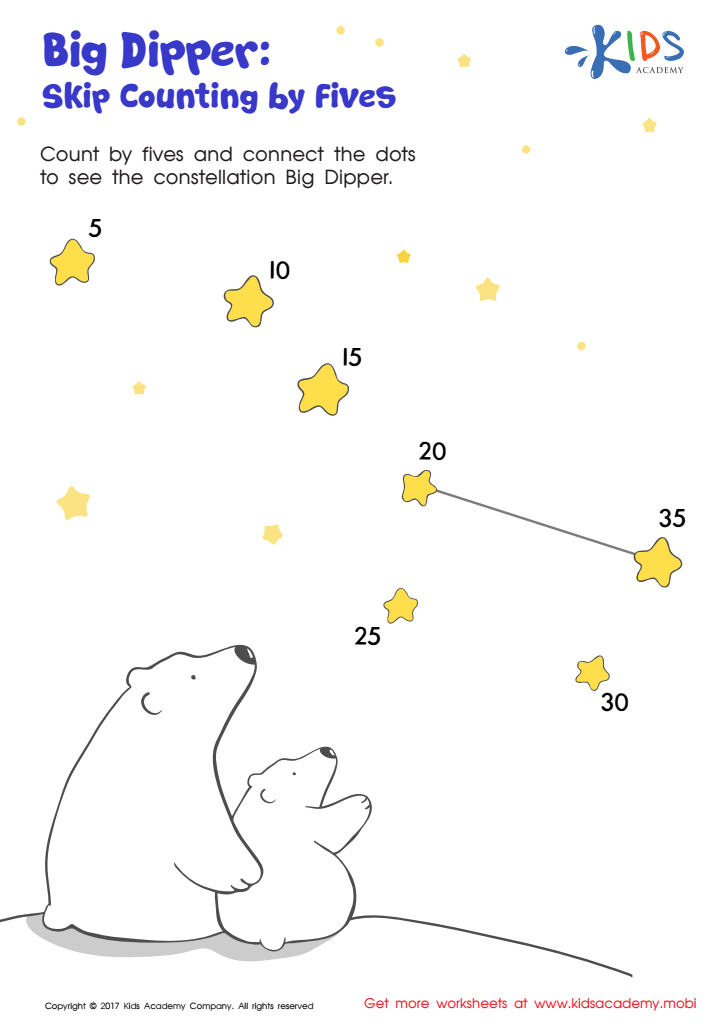
 Assign to My Students
Assign to My Students


